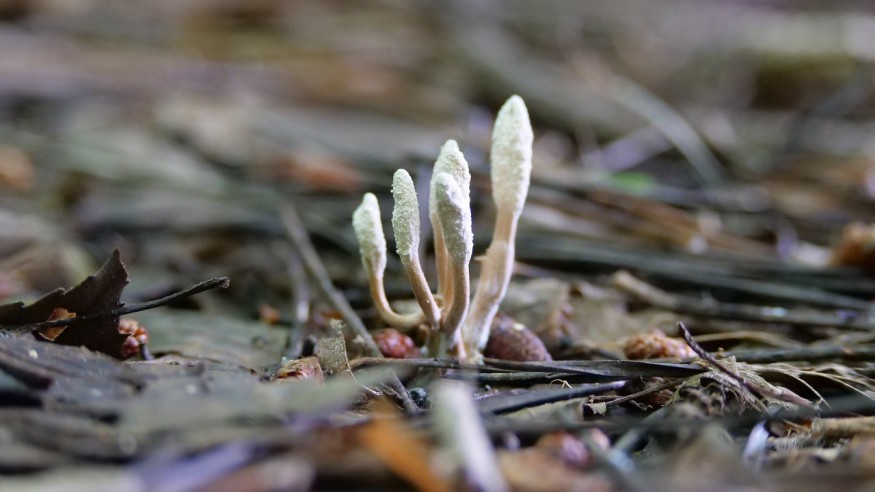Fungi are eukaryotic organisms or a diverse taxa of organisms whose cells have a nucleus, just like all animals, plants, and other unicellular organisms.
However, a fungus belongs to separate kingdom of life and is neither an animal nor a plant, as what biologists and other scientists previously thought.
The fungi kingdom consists of microorganisms like mushrooms, molds, and yeasts.
Despite the wide and complex fungus kingdom, scientists assert that it faces disciplinary bias, according to recent reports.
In particular, such bias stems from the fact that fungi were only recognized as a unique kingdom in 1969.
There has also been a low number of recorded species and taxa of fungus, compared to animals and plants.
Furthermore, no vaccine has been developed against a fungal infection.
Zombie Fungi Outbreak

As of early 2023, increased interest about a potential zombie fungi outbreak has been both a reality and a theoretical notion, since this looming threat further came into light following HBO's series entitled "The Last of Us" from a game of the same title.
Both the game and adaptation have drawn inspiration from the real-life parasitic pathogen called the cordyceps fungus.
In the said franchise, the premise starts with survivors finding themselves in a post-apocalyptic world and two decades since cordyceps mutated to withstand the human body temperature due to increasing global temperatures amid global warming.
In reality, cordyceps are unable to live and survive in our bodies, which has an average temperature approximately between 35 and 37 degrees Celsius.
Although still in the realm of fiction where a parasitic fungi will eventually adapt to infect humans, such "zombie-like" fungi outbreak is already occurring in the jungles, where carpenter ants and other insects become hosts and victims of the cordyceps fungi.
Warmer Climate
In a recent study by researchers from Duke University, data shows that warmer climate could drive certain fungi species to be more detrimental to human health, highlighting that fungus mutations increase as temperatures rise.
The new study, published in the Proceedings of the National Academy of Sciences on January 20, find that a pathogenic fungus called Cryptococcus deneofaormans turns on its adaptive responses to heat, increasing its number of genetic changes; wherein some could include higher heat resistance.
Disciplinary Bias
According to TIME, one must not be afraid of fungi since the zombie fungi have never been found by scientists to infect mammals.
Still, the American news magazine assert that we need to invest in fungal research, since the fungi kingdom is not receiving the attention it deserves; with only fewer than 10% of all fungal species being discovered.
On the other hand, the notorious track record of the cordyceps genus amongst insects is currently optimistic for humans, mainly due to its widespread usage as traditional medicine and supplement to treat various sickness and boost the body, according to Healthline Media.
© 2026 NatureWorldNews.com All rights reserved. Do not reproduce without permission.





